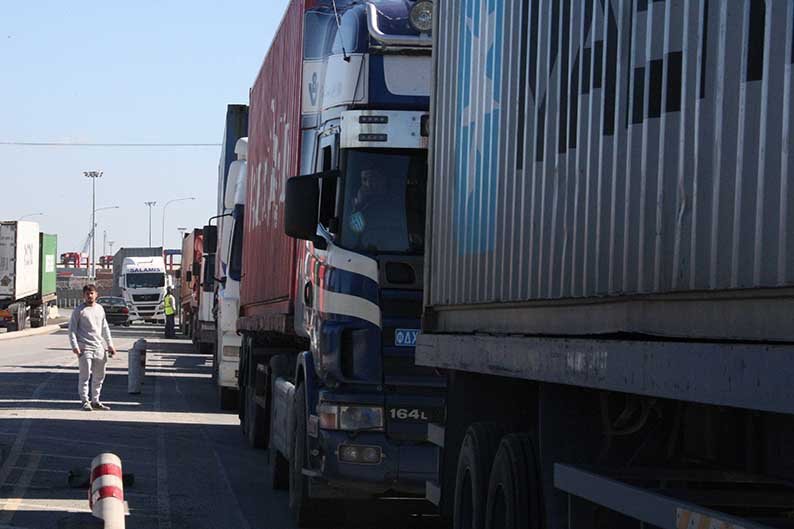Cyprus’ leading business group has sounded the alarm over a planned strike by Class A transport workers, warning that the walkout could disrupt supply chains and damage the fragile economy.
The strike is set for Monday, July 7. The Cyprus federation of employers and industrialists (OEV) has called it a “disproportionate measure” and is appealing to transport unions to call it off. In a statement, OEV highlighted what it described as a chronic and serious shortage of professional drivers. It said the problem directly affects key parts of the economy, including bus companies, logistics firms, distributors, and businesses operating vehicle fleets.
The federation stressed that joint efforts are ongoing with the authorities to address the issue through high-level discussions. It insisted that dialogue, rather than industrial action, is the only way to find sustainable and effective solutions.
OEV acknowledged the real challenges faced by drivers and the transport sector. However, it argued that striking would have severe consequences for the broader economy.
“Such a mobilisation may cause serious turbulence in the supply chain, disrupt business operations, and negatively impact the wider economy,” the Federation said.
The business body called on the Povek union and transport professionals to reconsider their decision. It urged them to avoid action that could threaten economic stability and market operations.
Analysis of the facts shows that Cyprus, like many European countries, has faced driver shortages for several years. Factors include an ageing workforce, fewer new entrants into the profession, and high demand for logistics services.
Employers say these gaps put strain on critical services and raise costs for businesses and consumers alike. Yet unions argue that working conditions, pay, and long hours are pushing drivers out of the industry. Many transport workers believe that without stronger measures, the shortages will persist.
Both sides agree that the driver shortage is real and harmful. But they remain divided on whether a strike is the way to solve it. For now, the business community fears that even a short stoppage could hit the economy hard, especially during the summer season when transport demand is high.






Click here to change your cookie preferences